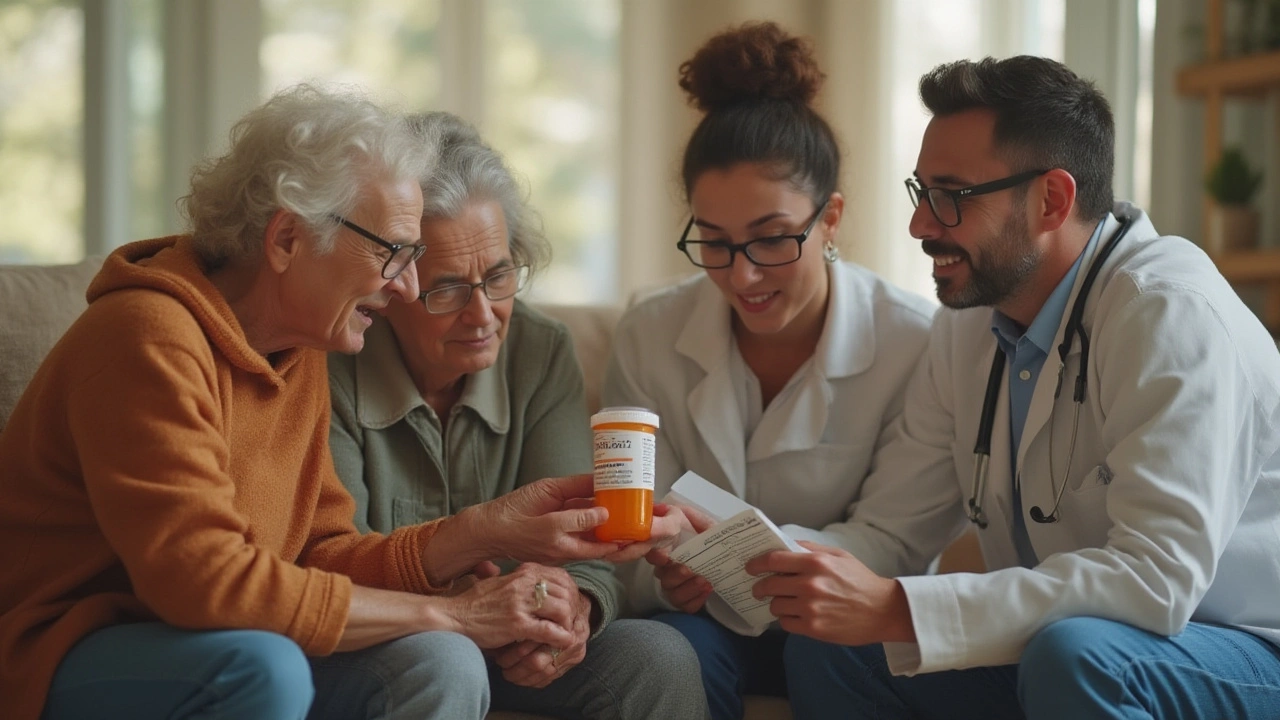
Get the inside scoop on Rocaltrol: what it's for, how it works, who needs it, and how to use it safely, with helpful tips and real-life context.
Kidneys filter waste, balance fluids and keep blood pressure steady. When they don’t work right, you may feel tired, have swelling, or notice changes in urine. Those are the most common signs that something is off.
There are many reasons kidneys can get damaged. High blood pressure and diabetes top the list – they silently wear down the tiny filters inside the kidneys. Infections, kidney stones, and certain medicines can also cause trouble. If you have any of these risk factors, regular check‑ups are a must.
Testing is simple. A blood test called eGFR tells how well the kidneys are filtering. A urine dip can spot protein or blood that shouldn’t be there. If your doctor sees a problem early, lifestyle tweaks and medication can slow the damage.
What can you do right now? Keep blood pressure under 130/80, limit salty foods, stay active, and control blood sugar if you have diabetes. Drinking enough water helps, but don’t overdo it – aim for clear or light yellow urine.
Some medicines protect the kidneys. ACE inhibitors like captopril (Capoten) lower blood pressure and reduce strain on the kidneys. If you’re prescribed one, take it exactly as directed and have your labs checked every few months.
Our tag page gathers the most useful reads that touch on kidney health, medication safety and lifestyle advice. Check them out for deeper dives:
Each article follows a simple format: what the drug does, how to get it safely, price pointers and key warnings. Even if the focus isn’t kidney disease, the safety tips apply to any prescription you might need.
Don’t wait for symptoms to get worse. Schedule a blood pressure check at least once a year, and if you have diabetes, get your A1C tested regularly. Keep a list of all medicines you take – including over‑the‑counter drugs – and share it with your doctor. Some pain relievers, like ibuprofen, can hurt kidneys when used often.
When you’re ready to talk to your doctor, ask about:
Kidney disease is manageable when you catch it early and act on solid advice. Use this tag page as a hub for the latest medication guides, safety tips and practical steps you can start today.

Get the inside scoop on Rocaltrol: what it's for, how it works, who needs it, and how to use it safely, with helpful tips and real-life context.